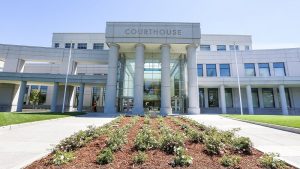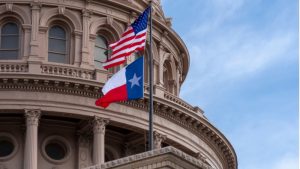Read how local governments use Enterprise Service Management (ESM) and iPaaS to improve service delivery for citizens and streamline processes like onboarding and offboarding for employees.
The Yolo County Superior Court in California has implemented a text notification system available for parties with current cases before the court.
The North Carolina Department of Information Technology’s (NCDIT) Division of Broadband and Digital Equity announced $9.9 million in Federal funding for the state’s Digital Equity Grant program.
Before leaving office at the end of his term earlier this month, Maryland Gov. Larry Hogan touted recent advancements for the Maryland Total Human Services Integrated Network (MD THINK) platform.
Texas Comptroller Glenn Hegar has released the Texas Broadband Development Map, which uses data collected from internet service providers (ISPs) to highlight both the availability of various types of high-speed internet access, as well as areas eligible for additional broadband funding across the state.
The National Science Foundation (NSF) – in collaboration with six other Federal agencies – is looking to work with minority serving institutions to usher in further study and engagement on artificial intelligence (AI) technologies research.
General Dynamics Information Technology (GDIT) announced that it received a $152 million supercomputing, cybersecurity, and software contract from the Alabama Supercomputer Authority (ASA) to support educational clients across the state.
New Mexico Gov. Michelle Lujan Grisham announced a new investment in virtual tutoring for math, reading, and science for students from pre-K through 8th grade at Title 1 schools throughout the state.
New Jersey Governor Phil Murphy has issued a cybersecurity directive prohibiting the use of high-risk software and services – including TikTok – on devices provided or managed by the state.
Bipartisan legislation was reintroduced in the House on Jan. 11 to address the rise in cybersecurity threats and attacks against energy infrastructure in the United States.













